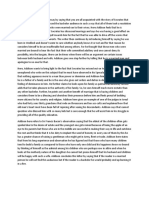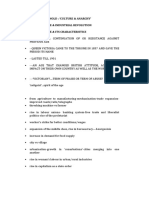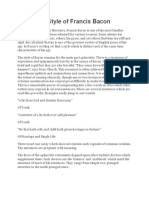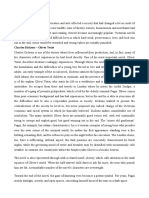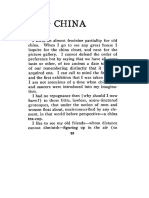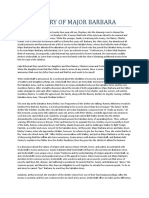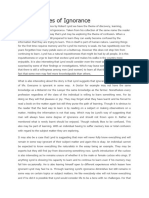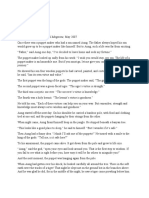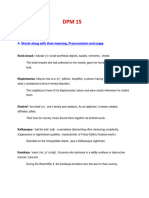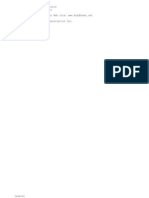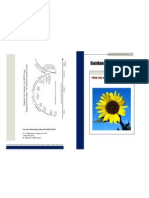0% found this document useful (0 votes)
2K views2 pagesIn Defence of Ignorance Summary
A.G. Gardiner's essay *In Defence of Ignorance* argues that recognizing one's own ignorance is a form of wisdom that fosters true learning and intellectual growth. He critiques superficial knowledge and emphasizes the importance of humility, suggesting that accepting our limitations can inspire curiosity and joy in the pursuit of knowledge. The moral of the essay is that true wisdom begins with acknowledging ignorance, and that embracing humility and openness to new ideas is essential for personal and societal advancement.
Uploaded by
Tarun MishraCopyright
© © All Rights Reserved
We take content rights seriously. If you suspect this is your content, claim it here.
Available Formats
Download as PDF, TXT or read online on Scribd
0% found this document useful (0 votes)
2K views2 pagesIn Defence of Ignorance Summary
A.G. Gardiner's essay *In Defence of Ignorance* argues that recognizing one's own ignorance is a form of wisdom that fosters true learning and intellectual growth. He critiques superficial knowledge and emphasizes the importance of humility, suggesting that accepting our limitations can inspire curiosity and joy in the pursuit of knowledge. The moral of the essay is that true wisdom begins with acknowledging ignorance, and that embracing humility and openness to new ideas is essential for personal and societal advancement.
Uploaded by
Tarun MishraCopyright
© © All Rights Reserved
We take content rights seriously. If you suspect this is your content, claim it here.
Available Formats
Download as PDF, TXT or read online on Scribd
/ 2




